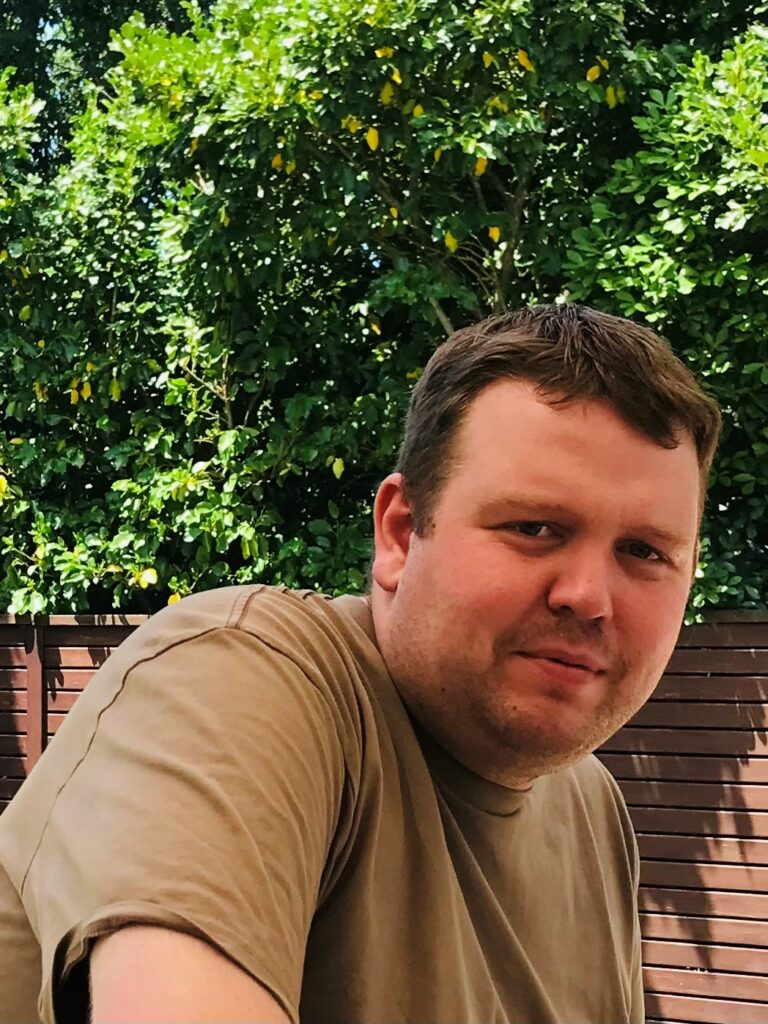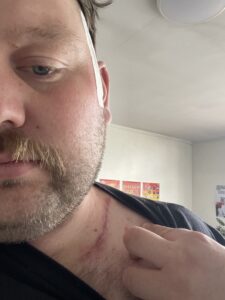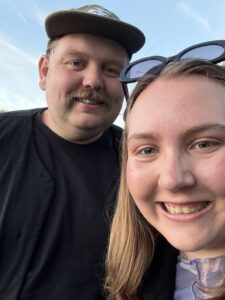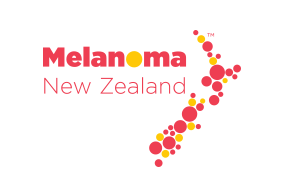28-year-old Finlay Bergin’s story – “This is amazing. Because the biggest stress since my melanoma diagnosis has been money related”

Finlay Bergin
Finlay (Fin) Bergin from Mt Eden, Auckland wasn’t expecting to be fighting a serious health challenge at his age – fair enough, he’s just 28 years-old.
His journey began around September 2024 after he noticed changes in a mole he’d had since childhood on the side of his head.
“It had grown and started to ulcerate a little bit, so I went to my GP. The mole was removed, and sent for testing,” explains Fin. Then he received the news it was stage 3 melanoma.
Fin’s treatment started with surgeries, the first in October last year during which he unexpectedly went into anaphylactic shock and was admitted to ICU to recover. A second surgery followed, also marred by complication when his skin graft site became infected resulting in a weeklong hospital stay.
Naturally selfless and positive, Fin admits, “I don’t think it’s ever easy, but my treatment journey hasn’t been super easy.”
Now under the care of oncologist Dr Gareth Rivalland, Fin started immunotherapy treatment in January.
“This treatment lets me live my life normally, which is huge. I’ve had no side-effects and its really helping me,” Fin says.
It’s been unfunded medication until now and costing him around $9000 a month, so Fin and his family have been eagerly anticipating an update from Pharmac.
Pharmac released a proposal in March 2025, which was welcomed by Melanoma New Zealand, and by many melanoma patients and families across the country, because it represents long awaited progress towards increased funding and better access to melanoma medicines in New Zealand.
After today, Fin and his family are delighted because the targeted immunotherapy treatment helping him – a combination of Dabrafenib and Trametinib – was in Pharmac’s proposal and will be funded for stage 3 and 4 melanoma patients from 1 June.
Fin expects he’ll need around 12 months of treatment in total (he’s three/four months in), but an upcoming PET scan will provide a clearer picture.

Fin’s had two surgeries, here we can see the skin graft donor site from his first surgery.
The cost of treatment so far has been covered through a combination of personal savings (Fin’s had some of his KiwiSaver released), parental and family support, and generous donations through a givealittle page set up by his brother Sam.
“It’s a lot of money and I’m lucky to have had help,” Fin says. “But as nice as it is to know you’ve got people in your corner, I don’t want to be taking money off them for something like this. This [funded treatment] will make a huge difference and put me at ease, because the biggest stress since my diagnosis has been money related.”
Fin’s parents Ange and Bernie have done everything they can to support him through the upheaval so far. Ange is grateful to Melanoma Nurse Educator Gill Rolfe for helping her better understand the situation and the medical information.
“Talking to Gill was a game-changer for me. It’s been tough watching Fin go through this, especially at his age and life-stage,” says Ange. They’ve been holding out hope and desperate for the Pharmac proposal to be confirmed. “Without it we didn’t know what we were going to do. Knowing Fin can get the treatment he needs without the financial stress means everything to us.”

Fin and his partner Tara
Through it all, Fin has remained determined to keep moving forward and stay positive. A barista for eight years, Fin’s currently taking time out from that because his treatment makes him more tired than usual.
“Dr Rivalland helped me see there’s hope for life after this. One positive thing about my diagnosis was it has made me go ‘alright, I need to start doing the things I want to do,” he says, referring in part to his tertiary study in media and post-production which he enjoys immensely.
In his self-effacing style, Fin acknowledges other melanoma patients in New Zealand, saying the Pharmac funding is a massive win, not just for him personally, but for others facing equally tough circumstances.
“I definitely need this treatment to survive, and there are other people like me who desperately need this too. Hopefully making it easier for people to get it will save a lot of lives.”
